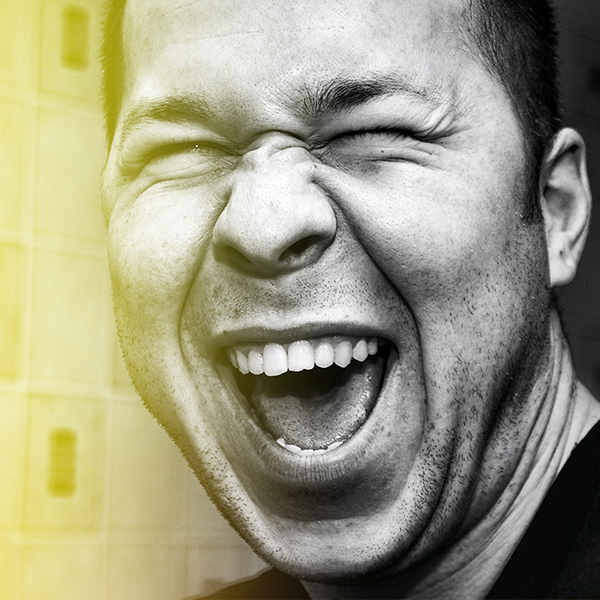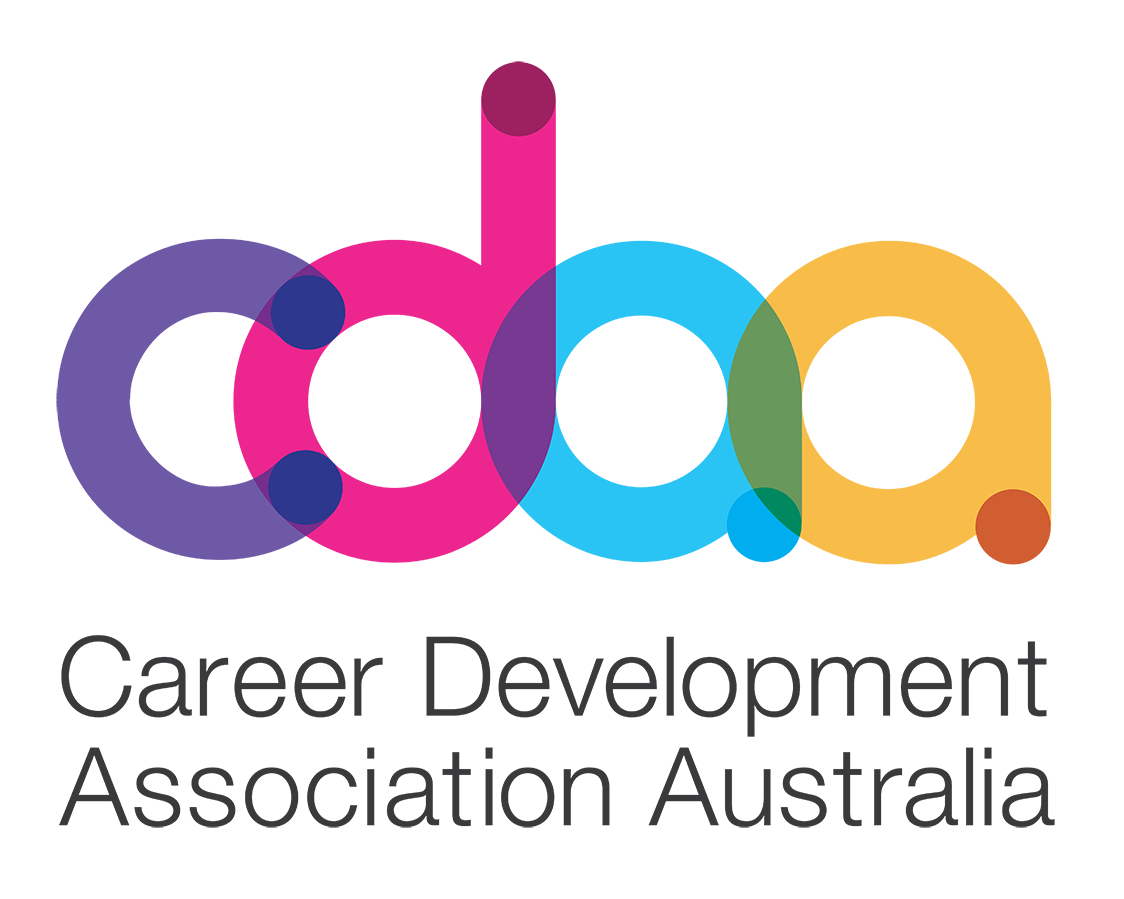Workplace Trauma Recovery: When Work Leaves Emotional Scars

Some scars don’t show up on the body. They show up in Sunday-night dread, in the silence you keep during meetings, in the racing thoughts before replying to a “can we talk?” message. For many professionals, these feelings aren’t just stress. They could be symptoms of workplace trauma.
We don’t often talk about it. In fact, most of us are taught to downplay our experiences. “It wasn’t that bad,” “I should be grateful I even had a job,” or “Everyone goes through tough bosses.” But emotional harm at work is real, and it can leave deep wounds.
In this article, we use the word ‘trauma’ to describe the lingering emotional or physiological stress that results from repeated harmful experiences at work. It is not a diagnosis; if you suspect PTSD or another mental health condition, please consult a qualified professional.
In Singapore, a 2022 survey by the Ministry of Manpower revealed that 5.4% of workers reported experiencing workplace harassment. That’s thousands of individuals navigating harm while trying to hold on to their careers and sense of self. And that’s not even accounting for subtle but chronic emotional injuries like gaslighting, exclusion, or moral compromise.
Workplace trauma recovery is the process of healing from these experiences. It’s a slow, courageous journey, but you don’t have to do it alone. This article is here to validate what you’ve been through, name what’s often invisible, and offer a gentle path forward.
What Is Workplace Trauma?
Workplace trauma is emotional distress caused by harmful or high-pressure experiences at work. Unlike a single, catastrophic event, workplace trauma often builds over time, making it harder to recognise until it spills over.
Some common sources of trauma include:
- Bullying and harassment – constant criticism, humiliation, or exclusion.
- Gaslighting – being manipulated into questioning your competence or memory.
- Burnout – being pushed beyond your capacity with little support.
- Discrimination – based on race, gender, age, or neurodivergence.
- Moral injury – being asked to go against your values.
- Vicarious trauma – common in care, emergency, or moderation roles where traumatic content is witnessed regularly.
According to Safe Work Australia, psychological injuries from such exposures are growing in frequency and cost, affecting both wellbeing and productivity.
Signs you may be carrying workplace trauma:
- Trouble sleeping, overthinking work at night
- Emotional detachment or “checking out” mentally
- Anxiety before meetings or interacting with certain colleagues
- Feeling worthless, hopeless, or stuck
- Digestive issues, headaches, or chronic fatigue
- A fear of making mistakes, even small ones
These signs serve as signals that your nervous system is still trying to protect you from something that felt unsafe.
How Workplace Trauma Affects Your Career
Trauma doesn’t stay in one place and spills into your confidence, your choices, your ability to trust, and even how you imagine your future. If you’ve walked away from a toxic environment, or are still recovering years later, you’re not alone.
Some common impacts on your career include:
- Self-doubt: You constantly second-guess your value and skills.
- Imposter syndrome: Despite your achievements, you feel like a fraud.
- Avoidance: You avoid roles or industries where you’ve been hurt, even if you’re good at them.
- Burnout and fatigue: You’re tired all the time, even after leaving.
- Fear of leadership: You struggle to trust managers or authority figures again.
- Career limbo: You want to move forward but can’t seem to take the next step.
This is a survival response. And just like trauma takes time to settle in, healing can take time too. For many, recovery involves embracing a new direction, which is why we encourage reading our blog article on The Truth About Non-Linear Career Paths for permission to grow at your own pace.
The First Steps in Workplace Trauma Recovery
If you’re asking yourself how to heal from trauma, the good news is you don’t need to figure it all out at once. Recovery starts with slow, simple steps that honour what you’ve been through:
Name the experience
Say it out loud or write it down. “I was bullied by my manager.” “I felt unsafe in that job.” Giving it a name is the first act of truth-telling.
Let yourself grieve
You may mourn the lost opportunities, the version of you who felt confident, or even the hope you had for that job. Grief is a natural part of healing.
Create psychological distance
If you're still in the toxic environment, protect your mental boundaries. Limit contact with harmful colleagues, avoid overcommitting, and create separation between your identity and your role.
Seek safe validation
Talk to people who get it. It could be a therapist, a career coach, or a friend who won’t minimise your pain. You deserve to be believed.
These steps are simple, but not always easy. Be gentle with yourself as you take them.

Why Professional Support Matters
There’s a strong cultural pressure to just “suck it up and move on”. But unresolved workplace trauma burrows deeper, often surfacing in the next job or during periods of burnout or doubt.
Without support, many professionals:
- Repeat the same toxic patterns
- Choose “safe” jobs that don’t inspire them
- Lose sight of their strengths and goals
- Struggle to regain clarity and confidence
That’s why career therapy and coaching with a trauma-informed lens can be life-changing. As shared in our blog article 8 Reasons You Need Career Therapy, it’s both about getting “unstuck” and about understanding your story and rewriting it on your own terms.
At The Happy Mondays Co, we hold space for your hurt and your hope. We don’t try to fix you, but help you feel whole again.
What Trauma-Informed Career Therapy Looks Like
So what happens in trauma-informed coaching or career therapy?
Emotional validation
Your story is heard and acknowledged. You don’t need to justify or downplay it.
Rebuilding confidence
You reconnect with your wins, your values, and your worth—one step at a time.
Reconnecting with your “why”
What kind of work feels purposeful? What matters to you now?
Planning next steps
Whether it’s re-entering the workforce, pivoting to a new role, or starting something of your own, you move forward with a plan that feels safe and right for you.
There’s no one-size-fits-all. Trauma-informed coaching meets you where you are, whether you’re still processing or ready to rebuild.
Reclaiming Your Narrative: A Brighter Path Forward
Workplace Trauma Recovery Is a Personal Revolution
You might not be ready to go back to “normal” and that’s okay. Normal wasn’t safe. Healing doesn’t mean pretending it didn’t happen. It means building something better, on your own terms.
- You are not “too sensitive.”
- You didn’t imagine it.
- You are not broken.
You’re in recovery and that’s brave. Every small step, every moment of clarity, every boundary you set is part of reclaiming your power.
At The Happy Mondays Co, we know that the journey forward isn’t linear. We’ve seen people rediscover their voice, find fulfilling work, and create career paths they didn’t know were possible. And we believe that can happen for you, too.
Conclusion
Workplace wound recovery is about moving forward with more clarity, more self-trust, and a deeper understanding of what you need to thrive.
Whether you’re still reeling, rebuilding, or quietly surviving this lasting emotional harm, you deserve support. Even naming what you went through is a powerful start.
If you're curious about how career therapy can support your healing, we are here when you’re ready.
Let healing be part of your story and not the end of it.



















